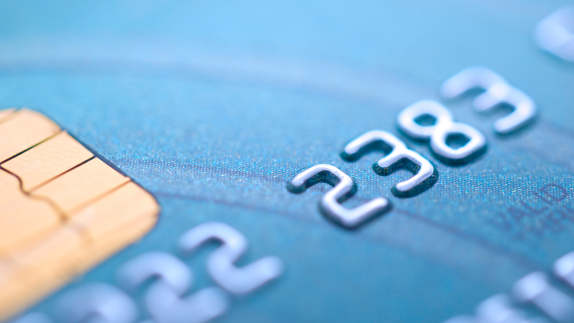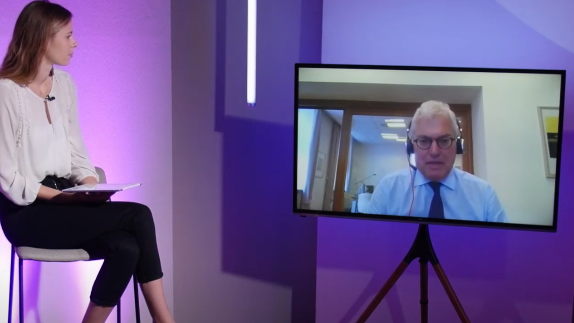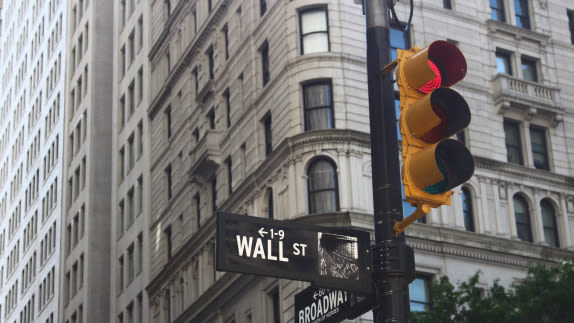
Membership status: Strategic Partner
Visa is a world leader in payment solutions, facilitating transactions between consumers, merchants, financial institutions, and government entities across more than 200 countries and territories. Visa’s mission is to connect the world through the most innovative, convenient, reliable, and secure payments network, enabling individuals, businesses, and economies to thrive.
Visa’s ambition is to become a leader and key enabler in driving the adoption of circular business models — such as repair, rental, refill, resale, return, and redistribute — to ensure they are accessible to all, with the goal of uplifting everyone, everywhere. Its recommerce initiative will play a key role in achieving this aim.
Other circular economy initiatives include digitally enabling small and micro businesses and supporting sustainable mass transit use, aligned with its 2023 Corporate Responsibility and Sustainability Report. Visa is supporting retailers on their circularity journey with data, advisory, and payment solutions, and working with Network organisations such as TOMRA, a Norwegian company that specialises in collection and sorting technology, to provide instant pay-outs to customers using collection points for reusable takeaway packaging.
“Wholesale change won’t happen overnight, but commerce in the circular economycircular economyA systems solution framework that tackles global challenges like climate change, biodiversity loss, waste, and pollution. It is based on three principles, driven by design: eliminate waste and pollution, circulate products and materials (at their highest value), and regenerate nature. – or recommerce – complements the model we know today rather than expecting to replace it completely. With climate change on the rise and a high cost of living, how we shop matters more now than it ever has before. A great payments infrastructure can reduce the friction in adopting new models like recommerce, and help us rethink the way we consume. Simple choices like reselling items when we’re finished with them, repairing devices or renting — electronics, tools, clothes, you name it — for a short time, could add up to a big impact for individuals, communities, and our planet.”
- Katherine Brown, Vice President, Inclusive Impact and Sustainability, Visa Europe
"Circular business models in the area of recommerce — such as rental, resale, and repairrepairOperation by which a faulty or broken product or component is returned back to a usable state to fulfil its intended use. — are increasingly gaining attention in Europe and around the world to help build long-term growth and tackle global challenges such as climate change and pollution. We look forward to supporting Visa on its circular economy journey and facilitating collaboration opportunities with other organisations in our Network."
- Andrew Morlet, CEO, Ellen MacArthur Foundation
The circular economy in action at Visa: recommerce
Circular business models in the area of recommerce, including repair, rental, refill, resale, return, and redistributeredistributeDivert a product from its intended market to another customer so it is used at high value instead of becoming waste., are key to creating a circular economy. Visa and the Foundation will work together to understand how global payments infrastructure will evolve to support these new systems and explore the role that businesses and individuals can play in accelerating the transition to a circular economy. Given the fundamental role of payments — specifically digital payments — in modern global economies, Visa is well positioned to develop recommerce products and services.
Visa has created a digital recommerce space — which features its white paper, Recommerce: Centering the role of the consumer and commerce in the shift to circularity — to help businesses learn more about recommerce and enable choices that support a circular economy. Through its Behavioural Insights Lab, Visa is working with its partners to inspire action, test products, and implement real-world solutions. Using behavioural science insights to identify factors that drive consumer behaviour, it is conducting experiments — the first focused on resale with COS, with results shared in the ‘behavioural hacks’ playbook — with the Foundation ensuring its circular design principles are incorporated. Forthcoming experiments will include one with the United Repair Centre and Decathlon, focused on increasing customers’ use of repair in stores, one with Grover, to increase the number of customers renting rather than buying tech, and another with Selfridges, encouraging more customers to use refill products.
To learn more, visit Visa’s digital recommerce space.






